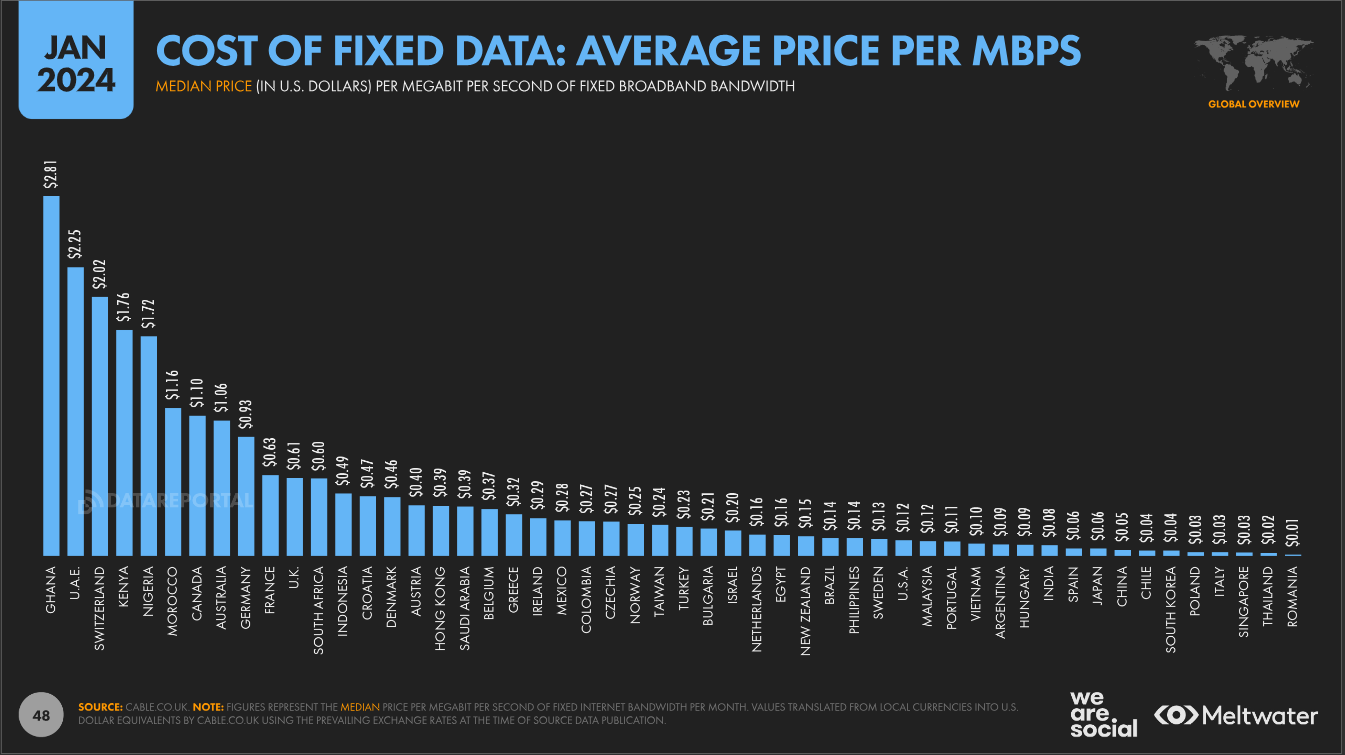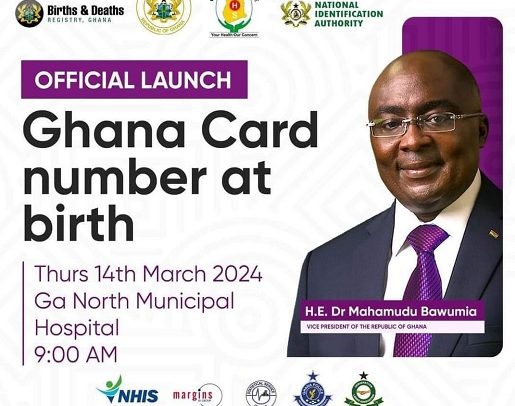
Yellow Card has launched the first Participating Financial Institution (PFI) on tbDEX that offers liquidity across 20 African countries.
Yellow Card becomes the first PFI on tbDEX, unlocking off-ramps into 20 African Countries. While the tbDEX protocol can facilitate many use cases, cross-border payments and commerce are among the first that TBD is exploring.
Earlier this year, Yellow Card built an implementation of tbDEX that facilitated the exchange of bitcoin into Kenyan shillings, deposited in an M-PESA account in real time. This used the tbDEX protocol to negotiate the terms of the asset exchange using tbDEX messages, and establish compliance using sanctions VCs to fulfil Yellow Card’s legal and regulatory obligations.
Yellow Card offers off-ramps into both bank and mobile money accounts as well as liquidity across 20 African countries, including Botswana , Cameroon , DR Congo , Côte d’Ivoire , Gabon , Ghana , Kenya , Malawi , Nigeria , Republic of Congo , Rwanda , Senegal , South Africa , Tanzania , Uganda , Zambia , Togo, Mali, the Republic of Benin and Burkina Faso.
Interested developers can benefit from Yellow Card’s PFI offerings by engaging with the tbDEX protocol via TBD’s open source software developer kits (SDKs).
“It’s a true honour to be chosen by TBD as the first PFI for tbDEX. These collaborations, especially of this calibre, serve as a compelling testament not only to the dedication and hard work of the Yellow Card team—especially our compliance, treasury and commercial teams—but also to our collective vision with TBD for reshaping the landscape of cross-border payments across Africa and the world,” said Chris Maurice, CEO and co-founder of Yellow Card.
TBD, a business from Block focused on open source decentralised technologies, today unveiled a technical preview of tbDEX – an open source liquidity and trust protocol to unlock frictionless commerce and financial access globally. At its core, the tbDEX protocol facilitates the formation of mutual trust between counterparties on an open and permissionless network. It also enables counterparties to negotiate requirements to enable compliant transactions.
“tbDEX bridges the gap between the old and the new – enabling anyone to benefit from decentralised payment systems and digital assets, with easy on- and off-ramps to legacy payment systems and fiat currencies.” says Emily Chiu, COO of TBD. “For developers, adopting the tbDEX protocol unlocks global liquidity for their customers, while avoiding the complexity associated with bespoke API integrations with each and every provider.”
Re-imagining a new world of payments and commerce
Globally, 1.7 billion adults lack access to the banking system, yet two-thirds of them own a mobile phone that could help them access financial services. The Internet and wireless technology has given us the information infrastructure we need to serve everybody, but money and payments have not kept pace.
An open, decentralised financial system will enable people and institutions to exchange value and transact with one another globally, and at significantly lower costs and more inclusively than what traditional financial systems allow. tbDEX was formed as an open source, permissionless protocol out of a desire to enable everyone to participate in this vision for the future.
“Core to tbDEX’s innovation is the creation of a trust protocol for the exchange of value. This is useful for bitcoin, stablecoins, digital assets, and traditional fiat alike – by creating a standardised way to establish trusted economic and commercial transactions on the Internet through an Internet-native financial protocol,” says Mike Brock, CEO of TBD. “The absence of trust in payments means you’ll have more fraud, misrouted payments, and higher financial losses. This increases the cost of financial transactions for everyone.”
tbDEX Protocol: A new trust and identity layer for digital payments
The tbDEX protocol creates a bridge, based on open standards, that connects the world of legacy money to digital money and assets, without the need for centralized intermediaries or governance tokens. True to open source practices, tbDEX is a protocol that is available to everyone, but owned by no one.
The protocol enables participants to securely validate counterparty identity and trust, as well as desired compliance with relevant laws and regulations. After trust establishment, tbDEX’s standard messaging protocol enables Participating Financial Institutions (PFIs) and counterparties to discover, negotiate and confirm transactions using a bid and ask system. Once transaction details are confirmed, participants execute and settle these trades outside of the protocol.
The post Yellow Card launches the first PFI on tbDEX to offer liquidity across 20 African countries appeared first on The Business & Financial Times.
Read Full Story


























Facebook
Twitter
Pinterest
Instagram
Google+
YouTube
LinkedIn
RSS